Establishing digital trust between a business and its consumers is essential in today’s world and requires a certain level of faith a consumer has in the establishment’s cybersecurity, data privacy, and responsibility of AI systems. Failure to establish credible digital trust may lead to a lack of business growth as a whole and therefore should be seen as a priority for any business.
A survey conducted by McKinsey & Company suggests that consumer expectations can be met and an institution can increase its growth by establishing digital trust in products and experiences that leverage AI, digital technologies, and data. The research indicates that businesses are more likely than others to see annual growth rates of at least 10 percent on their top and bottom lines are those that have established an effective level of trust with their consumers. This may be because consumers value digital trust and may be easily swayed to take their business elsewhere when companies fail to meet their expectations with regard to trusting digital processes and experiences.
Many consumers may see digital trust tenets as important as cost and delivery time when considering common purchase decision factors before purchasing a product or service. It is immensely important for establishments to provide transparency around their digital trust policies as consumers demand clarity about how their personal data will be used and stored. If a business does not show this transparency, they’re more than likely going to drive their consumers in the opposite direction as research has shown that majority of consumers will only purchase from a company that is known for protecting consumer data. The final decision to make online purchase or use digital services will come to an abrupt stop if consumer expectations are not met. On average consumers tend to express a high degree of confidence in AI-powered products or services compared with products that rely mostly on humans. This may be due to the presence of human error or merely due to the reputation of a particular AI-powered system. However, these statistics may be influenced by consumers not being aware of when they are interacting with an AI system as opposed to a human.
When it comes to the overall growth of an establishment, a simple task of codifying ethical conduct rather than disregarding it and incorporating these digital-trust ethics into an establishment's mission statement can result in higher revenue and growth. Establishments can also mention the best practices in cybersecurity, data protection, and the provision of trustworthy AI to increase the likelihood of higher growth and ultimately establish transparency and trustworthiness in the eyes of its consumer.
While most companies have confidence in their ability to establish and maintain digital-trust, research has shown that less than a quarter of organizations are actively mitigating a variety of digital risks to avoid financial loss and a decrease in business growth.
To fully ensure that your establishment gains a successful digital-trust reputation and increases you overall growth without suffering negative consequences, contact your trusted advisors in customer communication management. We can guide you and assist you in the delivery of digital trust that ultimately provides significant benefits beyond satisfying consumer expectations.
Credit: Why digital trust truly matters


